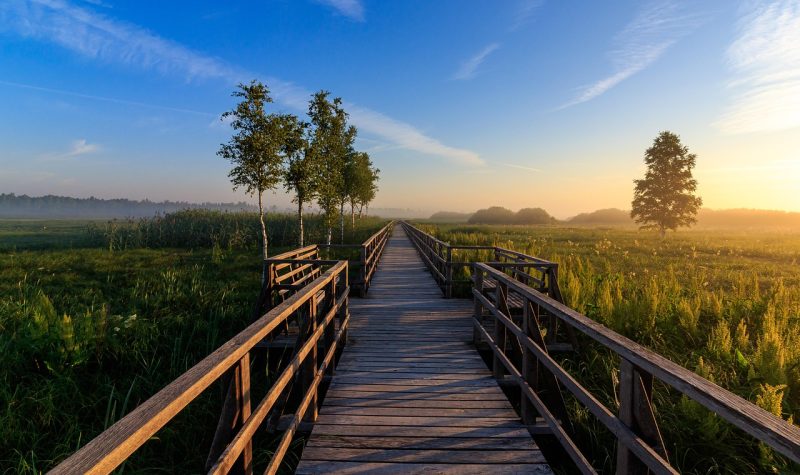Six Nations Elected Council (SNEC) plans to provide a written list of community concerns about the removal of greenspaces within Ontario's greenbelt to the Office of the Auditor General of Ontario (OAG).
The SNEC and OAG Audit Supervisor Romeo Segota discussed the amendments to Ontario's Greenbelt Plan during the June 26 political liaison meeting.
In December 2022, the Ontario Government made the announcement that it plans to remove or redesignate 15 areas of greenspace, totaling approximately 7,400 acres to be used to build housing in near future. Meanwhile, a larger total area in the Paris Galt Moraine will be added to the belt.
Six Nations Lands Researcher Phil Monture says the move by the provincial government infringes on First Nations' traditional treaty rights, adding that some of the lands in question are part of the ongoing land claims litigation case Six Nations is currently involved in with both the provincial and federal government.
"This isn't just a real estate transaction. The issue here is far more important. [They're] infringing on our treaty rights," he said. "Many of these lands that we're talking about affected by the greenbelt have not only been part of serious research and claims filed with both Canada and Ontario over the past 47 years, they've been part of an ongoing litigation for 27 years."
By making this decision and allowing residents to purchase homes on the developed land, Monture says, it only further complicates the unresolved land claims. He says the government is "breaking the law" as far as he is concerned by failing to consult with Six Nations on this issue.
"They're making victims of the people who are buying these properties. All [they're] doing is compounding the unresolved land rights issues and its getting more and more complicated and complex," he said. "There's got to be some honour in this crown to sit down and discuss this issue face to face with our nation."
Coun. Audrey Powless-Bomberry says First Nations need to be included from the starting process of these decisions and that the province should hear their voices and work with them toward solutions.
"First Nations need to be consulted and engaged at the beginning when ideas are being formed, so that we can have our voice, our input at the beginning and that can help guide. We wouldn't be in this problem right now had First Nations in Ontario been consulted, engaged and had their voices heard," she said. "There's 133 First Nations in Ontario and there was lot's of people being affected by these decisions that are being made without our voices there," she continued. "This unilateral decision making without our voices has to stop because it's wrong."
SNEC passed the motion to provide OAG a written list of the community's concerns over the removal of the greenspaces within Ontario's Greenbelt.
Romeo Segota from OAG did not provide a date when the audit will be concluded but said most of the organization's audits are completed by the end of the calendar year, but this audit will likely be released sooner.
For the full CJKS story listen below:


